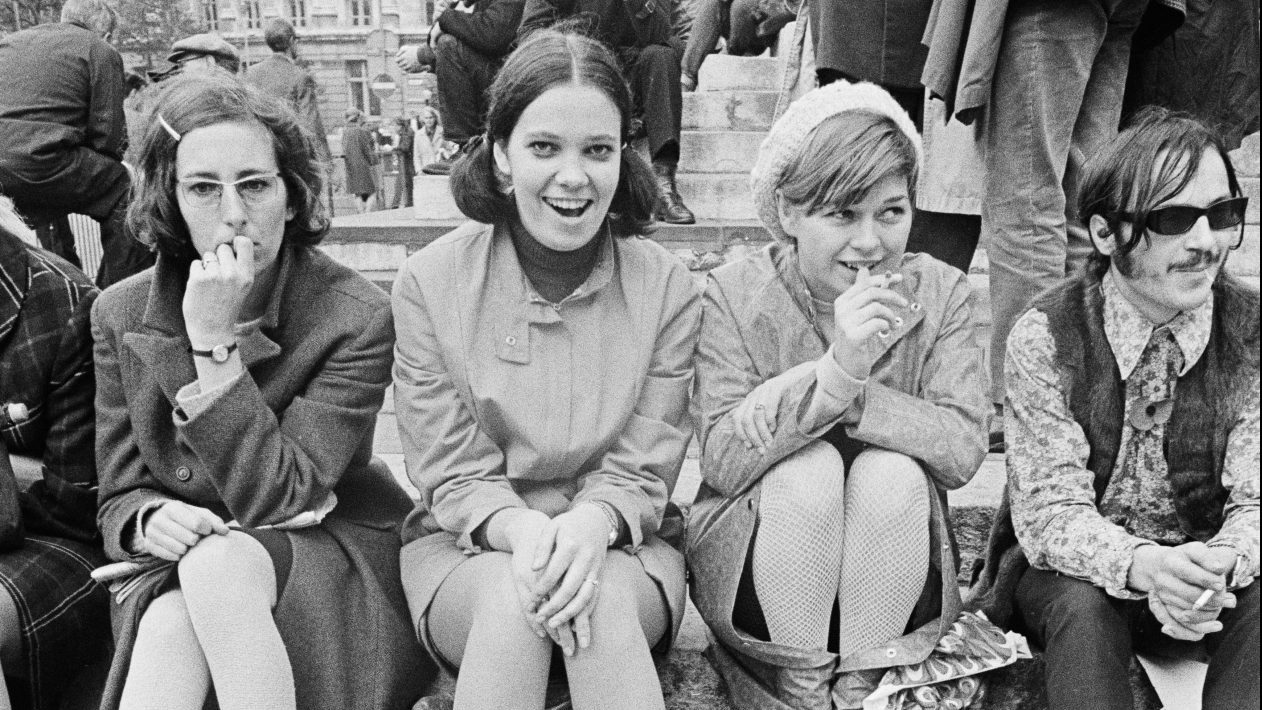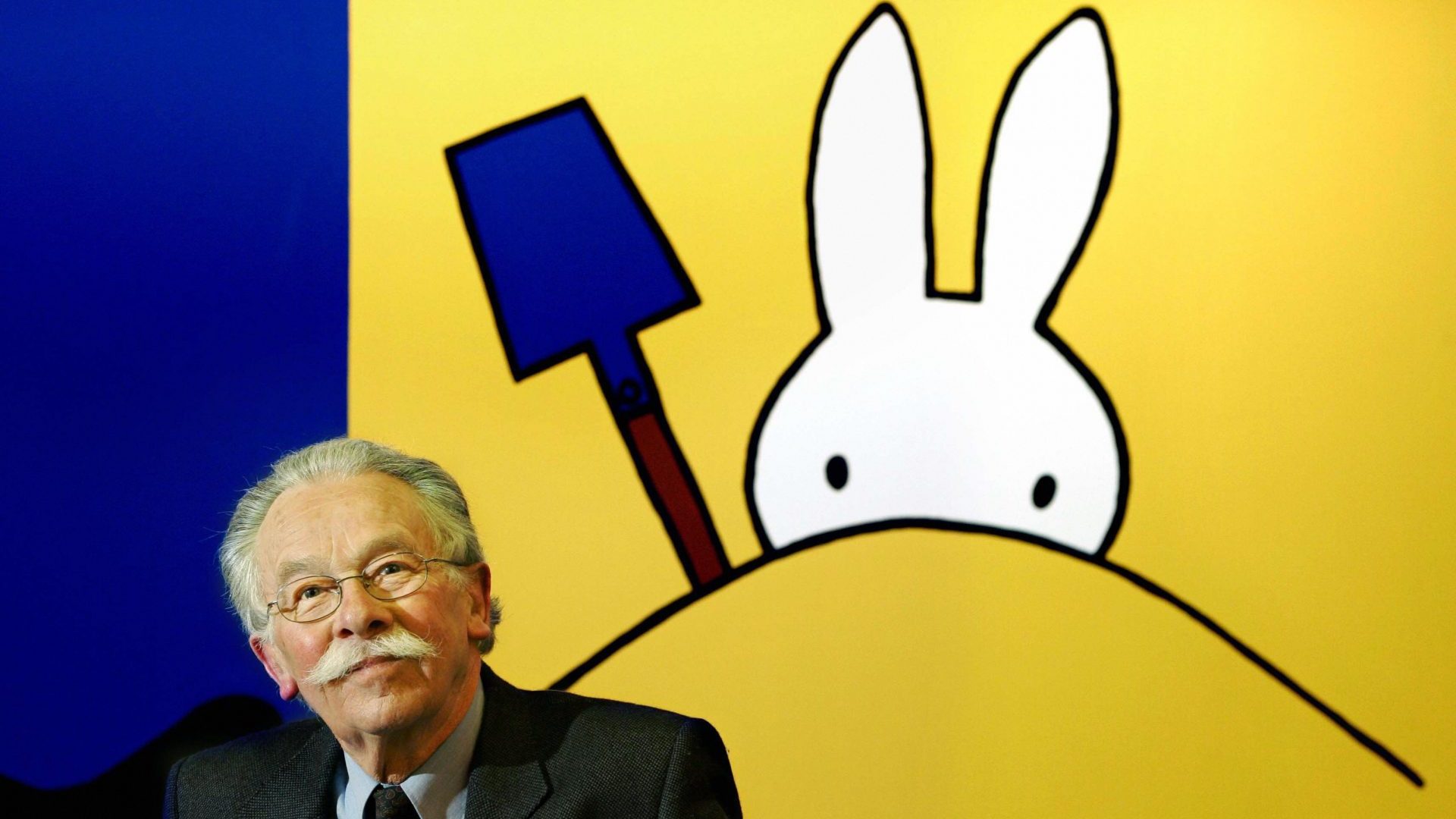“Is this still capitalism?” asked the Labour MP Anthony Crosland in 1956. Surveying Britain’s generous welfare system, the swathe of nationalised industries, the decline of rampant individualism and the pacification of the class struggle achieved during the postwar Labour governments, he answered with a resounding “No”.
If there was still exploitation, it was perpetrated mainly by the state, through taxation. And while some private ownership in industry remained, it no longer played a decisive role in regulating economic life.
“Just as there was a point where the feudal economy had died a death,” wrote Crosland, “there must come a point where capitalism, almost unnoticeably, disappears.” And in Britain that point had arrived roughly about the time Bill Haley replaced Stan Kenton in the pop charts.
It would be a quaint view to hold today – but my generation, born in the 1960s, grew up with it. Capitalism was dead, insisted right wing social democrats like Crosland, killed by the kindness of the welfare state. The only revolution left to fight was for liberal social values.
As a result, for the first two decades of my life, the only people I ever heard use the word “capitalism” were communists. As a child I acted in a Noël Coward play where a tinpot Bolshevik Welshman keeps saying the words “capitalistic greed,” which caused gales of derisory laughter among the miners and cotton spinners in the audience. By 1976, throwing the word “capitalist” into a political conversation was as powerful a signifier of rebellion as wearing a safety pin through your nose.
But then, suddenly, capitalism was back, and unapologetic. If you lived through the vindictive slump unleashed on British industry by Margaret Thatcher, what you endured was not just mass unemployment and the destruction of social cohesion, but the return of the idea that capitalism – in its unadulterated 19th-century meaning – was good, and that all this had to happen in order to save it.
Forty years on from the British miners’ strike, whose memories surge viscerally into my thoughts whenever I smell coal, anybody who suggested capitalism was over would want their head examined. But there are an increasingly large number of people who think it sucks.
In Capitalism and Its Critics: A Battle of Ideas in the Modern World, the American journalist John Cassidy tells the story of the system through the eyes of those who’ve despised it. He begins with William Bolts, the whistleblower who exposed the human rights abuses and super-exploitation perpetrated by the East India Company in the 1770s, and passes the baton from there to the Luddites, the Owenites and Romantic anti-capitalists like Thomas Carlyle, before moving to Marx and Engels, Rosa Luxemburg and Keynes.
If anti-capitalism were a solid wall of economic and philosophical thought, this would be the story of its builders. Unfortunately, it is a jerry-built construction, and Cassidy’s self-acknowledged task is to explain why capitalism’s critics always fail.
Marx was so excited by the US financial crash of 1857 that in a letter to Engels he called it “BEAUTIFUL” in caps; Engels in his reply called it “superb”, adding “Nous avons maintenant de la chance”. But capitalism survived because central banks printed money, and because the great upsurge of the second industrial revolution had only just begun.
“Over the past two centuries,” writes Cassidy, “variations of this story have played out many times, demonstrating capitalism’s powers of recuperation and governments’ ability to act as its crisis manager.”
He showcases the insights of economists like Kondratieff and Schumpeter, for whom capitalism – for all its faults – is a cyclical system, with self-correction in its DNA. He introduces us to critics from the global south, for whom capitalism’s ability to prey upon the less developed world has been essential to its survival. And Cassidy also gives an account of the early theorists of eco-socialism, who introduced resource depletion into the conversation long before we knew that carbon emissions – not the fertility of the earth – were the ultimate barrier to growth.
As a compendium of failed critiques, however, the book is far from comprehensive. Cassidy makes the Anglosphere the central framework: as a result, Lenin does not get much of a look-in; nor does the vast body of work produced by Soviet economists – apart from that of Kondratieff, who was shot in his cell in 1938 during Stalin’s Great Purge.
The anti-globalisation economists Dani Rodrik and Joe Stiglitz get their own chapter, but Michael Hardt and Antonio Negri – whose books inspired hundreds of thousands to go on the streets in the anti-globalisation movement – do not.
Suggested Reading


From tariffs to bonds – a new crisis is looming
There is a welcome chapter on the work of Silvia Federici, who was among those who started the “Wages for Housework” movement in the 1970s, based on one of the most radical critiques of Marx ever undertaken.
But at the end of 518 pages, Cassidy still seems undecided about the central question: does capitalism destroy itself, or does it survive? And if the answer is the latter, and we want to change that fact, what forces exist in society that could meaningfully overturn it?
If we abandon chronology, and categorise the strategies of those whose ideas Cassidy surveys, there are basically three: revolt, reform and survival. You can, as the Peruvian feminist Flora Tristan advocated in 1843, attempt to finish capitalism simply by switching it off, creating one big union of workers whose collective actions stop the system. Or you can attempt to “live despite capitalism”, forming small, experimental communities such as the followers of Henri de Saint-Simon did in Paris in the 1820s. Or you can – as Crosland’s generation did – seek to iron out the most chaotic features of the system using the state, to the point where the “animal spirits” of the entrepreneur die out.
In the years since I first embraced anti-capitalism, on a steelworkers’ picket line in Sheffield in 1980, I’ve cycled through all three strategies. I was a Leninist in the Thatcher era, supported the tent camps and fenceline protests of the 1990s, and had high hopes in the government of Alexis Tsipras in Greece, whose defeat at the hands of the IMF and ECB sees its 10th anniversary this summer.
Though I am today bitterly critical of Leninism, I think it is worth acknowledging that the current global situation should remind us of its relevance. The world is, to put it bluntly, going to shit. Economic stagnation in the global north is eroding support for democracy; the manipulation of the infosphere by capitalists like Elon Musk and Peter Thiel is reducing our capacity to think and act independently; and the unapologetic power of the fossil capitalists – on display during Donald Trump’s obsequious grand tour of the Gulf last week – shows that the threat of capitalist self-interest blocking progress towards net zero is real.
For me, the most important thing that’s changed since the 1980s is not the fact that the proletariat was atomised and lost coherence; or the fact that identity politics has replaced class as an organising force. It is that the planet is burning, and that the rules-based global order – which both Crosland’s generation and mine believed was permanent – is disintegrating before our eyes.
All these phenomena are the result not of individual bad actors, or “external shocks” – they are a product of capitalism, at a specific time, technological framework and ecological reality.
The shocks that ended the “Goldilocks Era” were each, ultimately, produced in the bowels of the capitalist system. Lehman Brothers’ collapse in 2008, the euro crisis, the sudden irruption of Covid-19 from China’s sweatshop capital, and Vladimir Putin’s ethno-nationalist attack on Ukraine: these are events a reincarnated Lenin would regard as historically karmic, given the orgy of self-enrichment and greed that preceded them.
And though Leninism is, in the developed world, basically a bunch of re-enactors in leather jackets, you may have noticed that they can still lead half a million people to the streets of London over issues like Gaza. In China, meanwhile, Leninism is the state doctrine of a ruthless class of billionaire state capitalists – who will be all too happy to pick up the broken pieces of the liberal democratic order if we let it collapse.
Since 2015, I’ve argued that the left needs something like a “revolutionary reformism”: a politics which accepts that capitalism is an unstable, violent and time-limited system, but which uses the state, democracy and the self-activity of ordinary people to promote a coherent alternative.
Unlike every previous generation, we have a countdown timer sitting at the corner of our screens. Rosa Luxemburg, on the eve of her murder in 1919, wrote that the proletariat marches to victory through a string of defeats; the assumption being that it has the luxury of time. We, by contrast, have a maximum of two decades to prevent climate catastrophe – a task that will be complicated by the world’s descent into Great Power rivalry.
So, much as I admire Cassidy’s survey of the great anti-capitalist thinkers of the past, I do not think we have time to pick and mix. Not a single street movement over the past 20 years has achieved its aim. Not a single tent camp, nor “direct action” has changed the world.
What we need is a radical social democracy. It does not have time to abolish capitalism before the climate chaos hits; but it must mitigate that chaos, and reverse it, by recreating capitalism in a radically new form – as unlike the capitalism of today as Crosland’s was to that of the Edwardian era.
And because time is tight, and the ship is sinking, I am very glad to be sitting in the same lifeboat that Crosland clung to: the Labour Party – which for all the bad press its leader is currently subjected to, is the only institution in Britain that has the intent and ability to meet net zero, attack inequality and stabilise geopolitics.
Capitalism and Its Critics: A Battle of Ideas in the Modern World by John Cassidy is published by Allen Lane




